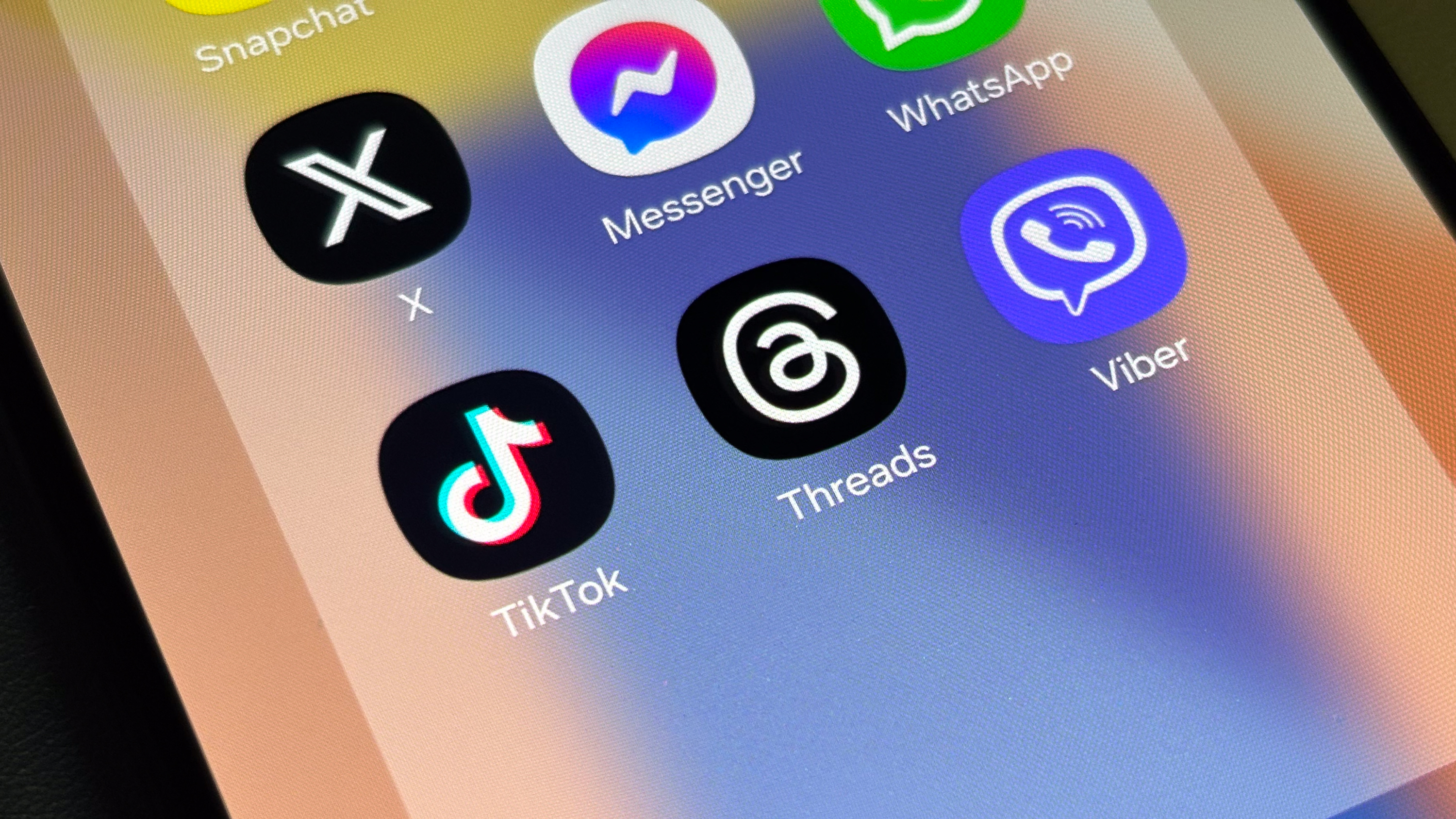Australia's proposed social media ban for kids is a 1950s solution to a 2024 problem
If you think like a hammer, every problem looks like a nail.

When U.S. lawmakers seem to have outdated ideas of how internet regulation needs to happen, Australia comes along and says hold my beer. A law proposed in parliament would ban social media access for all children under the age of 16, placing stiff fines on platforms that don't comply.
While I'll admit most social media does little more than turn our gray matter into Nickelodeon slime, this seems like the plot to some Dirty Dancing sequel without Patrick Swayze and Jeniffer Grey to save the day. Nobody puts Baby in a corner, but we will try to keep her from using Instagram.

One of the web's longest-running tech columns, Android & Chill is your Saturday discussion of Android, Google, and all things tech.
The proposed law is only half-formed, stating that access to social media would be blocked while keeping sites like Twitch and Telegram available. Apparently, following the Kardashians is more harmful than Hot Tub streamers or white supremacy in the eyes of Aussie lawmakers and parent groups. It would be up to Australia's eSafety Commissioner Julie Inman Grant to determine how to set and enforce rules, who freely admits that “technology change is always going to outpace policy."
I don't live in Australia and my kids have all grown up to lead happy and productive lives. I have no skin in the game here. But as a parent and someone who seems to have more understanding of the internet and the unique challenges it can create, I have to say how stupid this sounds.
“Should we really be wasting our time trying to help kids navigate these difficult systems when tech companies just want them on them all the time?"
Those are the words of Emma, the mother of a 12-year-old boy who was threatened over Snapchat. Emma thinks working with her kids and being a parent is wasting her time and would rather have the government decide how her son James and your son or daughter access information.
Emma could also sit down with James and monitor his use of the internet, give reasonable access to device time once things like chores or homework are finished, and read through Snapchat with James so she is aware of any issues that may arise. You know, be a mother.
Be an expert in 5 minutes
Get the latest news from Android Central, your trusted companion in the world of Android
I don't blame parents like Emma. Raising children is the hardest thing a person can ever face; they're unpredictable, unruly, unappreciative, and often unresponsive. You will feel like you're not doing the right thing at least half the time, and the other half will make you feel like you're doing too much. Not everyone is cut out for this level of responsibility, and seeking help is a great idea.
Having the government decide your kids (and my kids) can't use TikTok is not the right kind of help. When parents like Emma realize this — and they will one day — it may be too late.

None of this absolves social media companies of any wrongdoing. There is no reason why Snapchat should do nothing when older children threaten a young man with videos of them wielding a machete. While they should not be responsible for the things people post on their platform, they do have an obligation to try and prevent it.
Snap, Inc. could implement an age verification system that blocks certain words, requires video uploads to be previewed and approved before they're sent, and should require parents to become involved before a child signs up to use their service. They don't because they aren't required to do it. Australia could be the country that forces their hand instead of making a kid check a box, promising that they're of age. Tech companies only do the right thing when they're forced to do the right thing.
Bans do not work. They're easy to circumvent, and governments around the world have tried them and were forced to remove them after a review of their effectiveness or legality.
They can also be harmful, pushing children away from loosely regulated services like X or Instagram toward the free-for-all that is the "unpoliced" internet world of user forums. You may not want your kids to see everything TikTok has to offer, but would you rather they visit websites where they can buy MDMA with cryptocurrency? That 0.001 Bitcoin and a post office box is a pretty low hurdle when it comes to harmful activities.
Governments of the world can help. They need to work with social media platforms and tech giants, ignoring the obnoxious demands of fringe parent groups to make it easier for you to help your child be safe on the internet. Banning safe access is the same as banning dancing or "ethnic" music in 1950s America and can be just as harmful.

Jerry is an amateur woodworker and struggling shade tree mechanic. There's nothing he can't take apart, but many things he can't reassemble. You'll find him writing and speaking his loud opinion on Android Central and occasionally on Threads.
You must confirm your public display name before commenting
Please logout and then login again, you will then be prompted to enter your display name.
